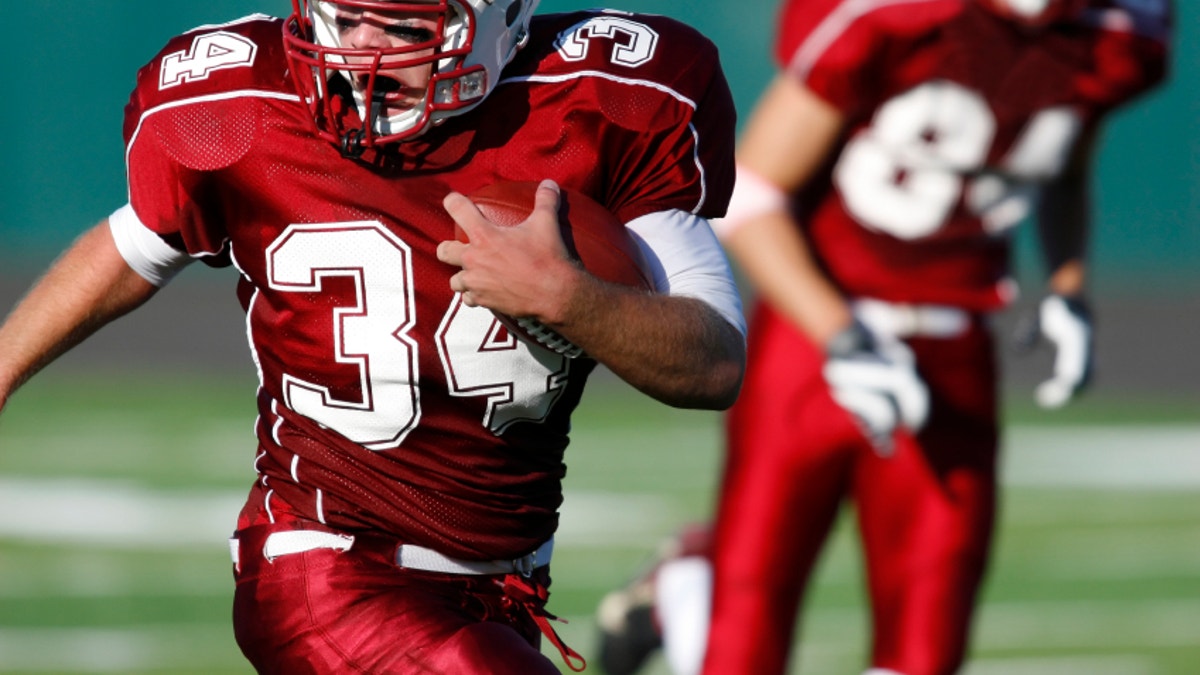
Participating in sports may have many benefits, but it also raises the chances adolescents will abuse alcohol, according to a new review of the evidence by Canadian researchers.
They analyzed 17 past studies and also found most showed that kids who participate in sports are less likely to use illicit drugs other than marijuana.
Past research has linked sports participation with less tobacco and illegal drug use, but more alcohol use among teens. John Cairney at McMaster University in Ontario, Canada, and his colleagues wanted to update those findings.
"When we began our own review, we were shocked not only to find many new studies, but also ones that had been missed in previous reviews" he said in an email.
The team searched various databases and found 17 previous studies that followed people over time and were published from 1982 through 2012. All but one of the studies took place in the United States.
Overall, the 17 studies indicate that participation in sports was associated with less illegal drug use, other than marijuana. The association with marijuana use wasn't clear. They also found that alcohol use was greater among students who engage in sports, according to the results published in Addictive Behaviors.
"We have enough data to show that sport participation could play an important role in substance use prevention. We need to understand what aspects of sport participation are most beneficial and design rigorous trials to see if sport interventions really can reduce or prevent drug use in youth." Cairney said.
"For a lot of young people, being in sports strengthens who they are," Steve Pasierb told Reuters Health.
Pasierb is the president and CEO of The Partnership at Drugfree.org. He was not involved in the study.
"Sports can be a positive protective factor in a young person's life because of all those great things - structure, goal setting, fair play and achievement," Pasierb said, "But it's not a silver bullet."
Pasierb said that too much structure and stress might be one of the reasons kids use drugs. There's also the possibility the being introduced to painkillers after athletic injuries could lead to misuse later on.
That's in line with another recent study - published in the Journal of Adolescent Health - that suggests teens who participate in sports may have greater access to opioid pain medications.
"Opioid medications are being misused by adolescents at increasingly higher rates in the new millennium, that study's lead author, Philip Veliz, at the University of Michigan's Institute for Research on Women and Gender, told Reuters Health.
"In particular, athletes may have greater access to these medications and parents and coaches should be aware of the potential danger of misusing these medications (opioids have a high potential for abuse)," he said.
Veliz also urges parents to be cautious when it comes to opioid medications for their children.
Pasierb said conversation between parents and kids is key.
"You need to know who their friends are, who their friends' parents are, their social situations. Have the discipline to ask your kid a question and just listen, not preach back at him," Pasierb said.
"Begin the conversation in elementary school and keep going through high school," he said.
Cairney said his team's review is not the first to find a link between alcohol consumption and young athletes.
"It starts with parents but coaches and sporting organizations have a critical role to play here also," Cairney said. "If adults in these contexts are ‘looking the other way' in regards to this behavior, we need to do something about it.
"Education, including training at the coach level (certification) may be one solution. Raising awareness of potential dangers to parents and youth themselves is important also," Cairney said.








































